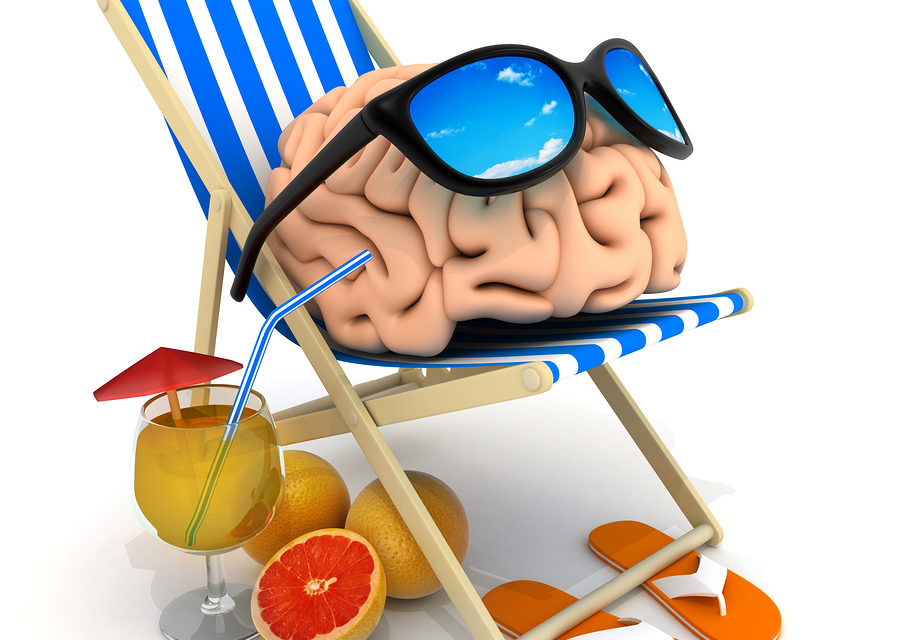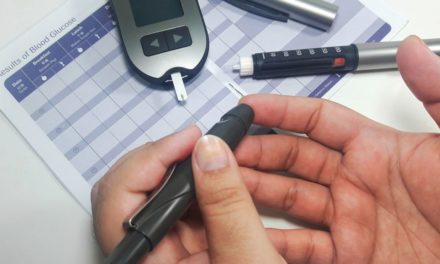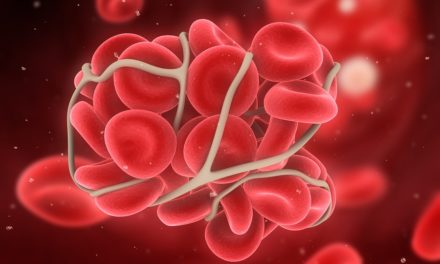Can vitamin D help with brain function? According to research appearing in the Journal of Neurology, Neurosurgery, and Psychiatry (May 21, 2009), men with higher vitamin D levels outperformed men with low vitamin D levels in tests of attention and in the speed of processing information. Subjects of the study were 3,369 men who were participating in the Male Aging Study. High vitamin D levels were associated with better performance on a test of psychomotor speed and visual scanning. The vitamin D/performance connection was especially evident in the older participants.
Research appearing in the American Journal of Geriatric Psychiatry (2006; 14(12): 1032-1040) looked at 40 subjects with mild Alzheimer’s disease and 40 subjects without dementia and compared cognition and mood to serum vitamin D levels. Low vitamin D levels were associated with poor cognitive function (according to the Short Blessed Test) and poor mood
According to an article by Dr. John Cannell, there may be a link to vitamin D deficiency and autism. The article, published in Medical Hypotheses (e-published Oct. 4, 2007) points out that vitamin D deficiency during pregnancy in animals adversely affects many proteins involved in brain development of the fetus. Vitamin D deficient rats, according to Dr. Cannell, are born with “increased brain size and enlarged ventricles, abnormalities similar to those found in autistic children.” Dr. Cannell also points out that children with rickets have several autistic markers that improve with high dose vitamin D supplementation.






